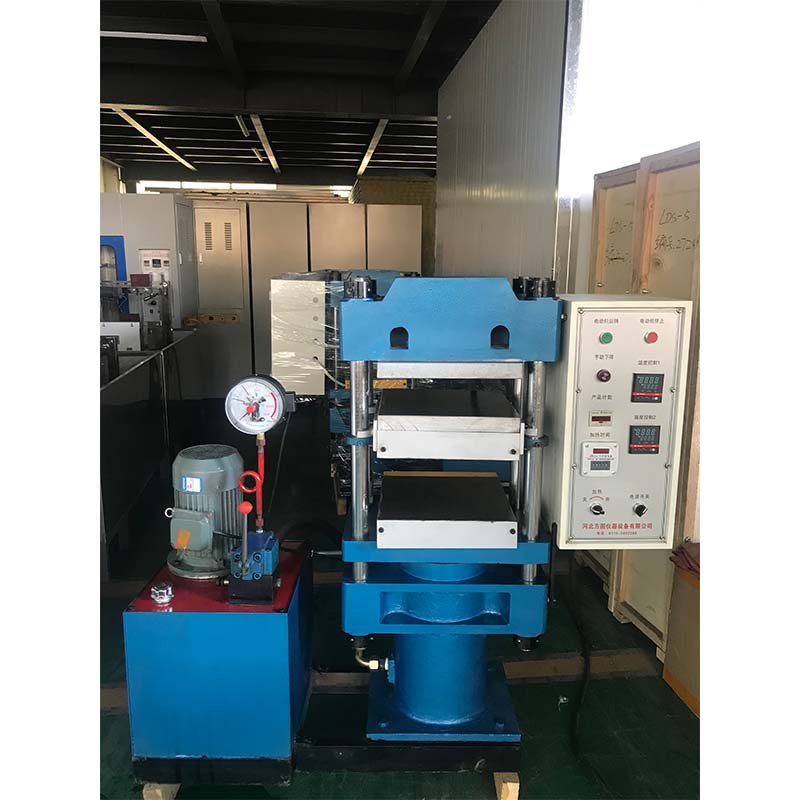resistance test equipment
Understanding Resistance Test Equipment Importance and Applications
Resistance testing is a crucial aspect of electrical engineering and maintenance, ensuring the reliability and safety of electrical systems. Resistance test equipment plays a vital role in measuring the resistance of various electrical components and systems. This article delves into the importance, types, and applications of resistance test equipment.
The Importance of Resistance Testing
Resistance testing is essential for several reasons. First and foremost, it helps in determining the condition of electrical insulation. Insulation failure can lead to short circuits, equipment damage, and potentially hazardous situations, including electrical fires. By regularly testing the insulation resistance, maintenance personnel can identify deterioration before it results in failure.
Additionally, resistance tests provide valuable information about the integrity of electrical connectors and joints. Poor connections can result in excessive heat generation and equipment downtime. By quantifying the resistance of connections, technicians can ensure that they are operating within acceptable limits and take corrective action when necessary.
Types of Resistance Test Equipment
Resistance test equipment varies in complexity and functionality, catering to different applications. The most common types include
1. Insulation Resistance Testers Often referred to as megohmmeters, these devices measure the resistance of insulation in electrical systems. They apply a high voltage to the insulation and measure the resulting current, allowing users to calculate resistance. Insulation testers are essential for maintaining safety and performance in high-voltage applications.
2. Low Resistance Ohmmeters These instruments measure low resistance values, typically below 1 ohm, which is crucial for testing connections in electrical circuits. Low resistance ohmmeters are used to check grounding systems and connections in power distribution systems. They provide accurate readings, ensuring that all connections are reliable and safe.
3. Micro-ohmmeters Even more precise than low resistance ohmmeters, micro-ohmmeters are used for measuring very low resistance values in the micro-ohm range. These devices are essential for testing circuit breakers, bus bars, and other critical connections where low resistance is essential for operational efficiency.
resistance test equipment

4. Digital Multimeters (DMM) While not exclusively for resistance testing, DMMs are versatile tools that can measure resistance alongside voltage and current. They are commonly used in various electrical and electronic applications, ensuring quick and accurate readings during troubleshooting.
Applications of Resistance Test Equipment
Resistance test equipment is used in various industries, including power generation, manufacturing, telecommunications, and construction. The applications include
- Preventive Maintenance Regular resistance testing is part of the preventive maintenance schedule for electrical installations. It helps in the identification of potential issues before they escalate, thereby reducing downtime and maintenance costs.
- Quality Control In manufacturing, ensuring the quality of electrical components is paramount. Resistance testing is often employed during production to verify that components meet specified resistance standards.
- Safety Inspections In workplaces with substantial electrical equipment, safety inspections involving resistance testing are essential. These tests help ensure that all systems are safe for operation and comply with industry regulations.
- Research and Development Engineers and researchers utilize resistance test equipment during the development of new components and systems to analyze performance characteristics and improve designs.
Conclusion
In conclusion, resistance test equipment plays a pivotal role in maintaining the reliability and safety of electrical systems. By regularly conducting resistance tests, organizations can prevent failures, enhance safety, and ensure compliance with industry standards. Whether through insulation testers, low resistance ohmmeters, or micro-ohmmeters, the importance of accurate resistance measurement cannot be overstated. As technology advances, these tools and methodologies will continue to evolve, further contributing to the safe and efficient operation of electrical systems across various sectors.
-
Why the Conductor Resistance Constant Temperature Measurement Machine Redefines Precision
NewsJun.20,2025
-
Reliable Testing Starts Here: Why the High Insulation Resistance Measuring Instrument Is a Must-Have
NewsJun.20,2025
-
Flexible Cable Flexing Test Equipment: The Precision Standard for Cable Durability and Performance Testing
NewsJun.20,2025
-
Digital Measurement Projector: Precision Visualization for Modern Manufacturing
NewsJun.20,2025
-
Computer Control Electronic Tensile Tester: Precision and Power for the Modern Metal Industry
NewsJun.20,2025
-
Cable Spark Tester: Your Ultimate Insulation Assurance for Wire and Cable Testing
NewsJun.20,2025
 Copyright © 2025 Hebei Fangyuan Instrument & Equipment Co.,Ltd. All Rights Reserved. Sitemap | Privacy Policy
Copyright © 2025 Hebei Fangyuan Instrument & Equipment Co.,Ltd. All Rights Reserved. Sitemap | Privacy Policy
